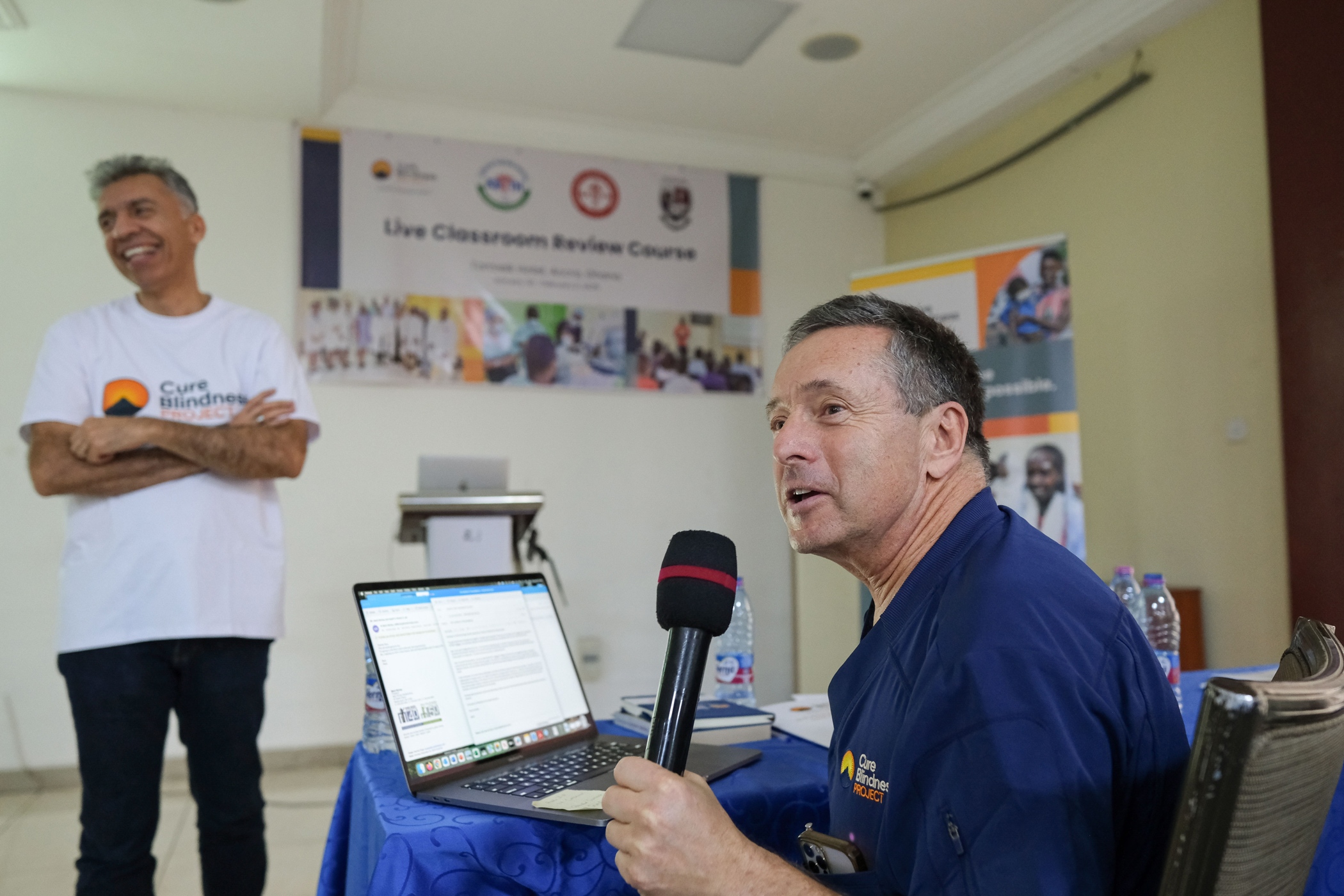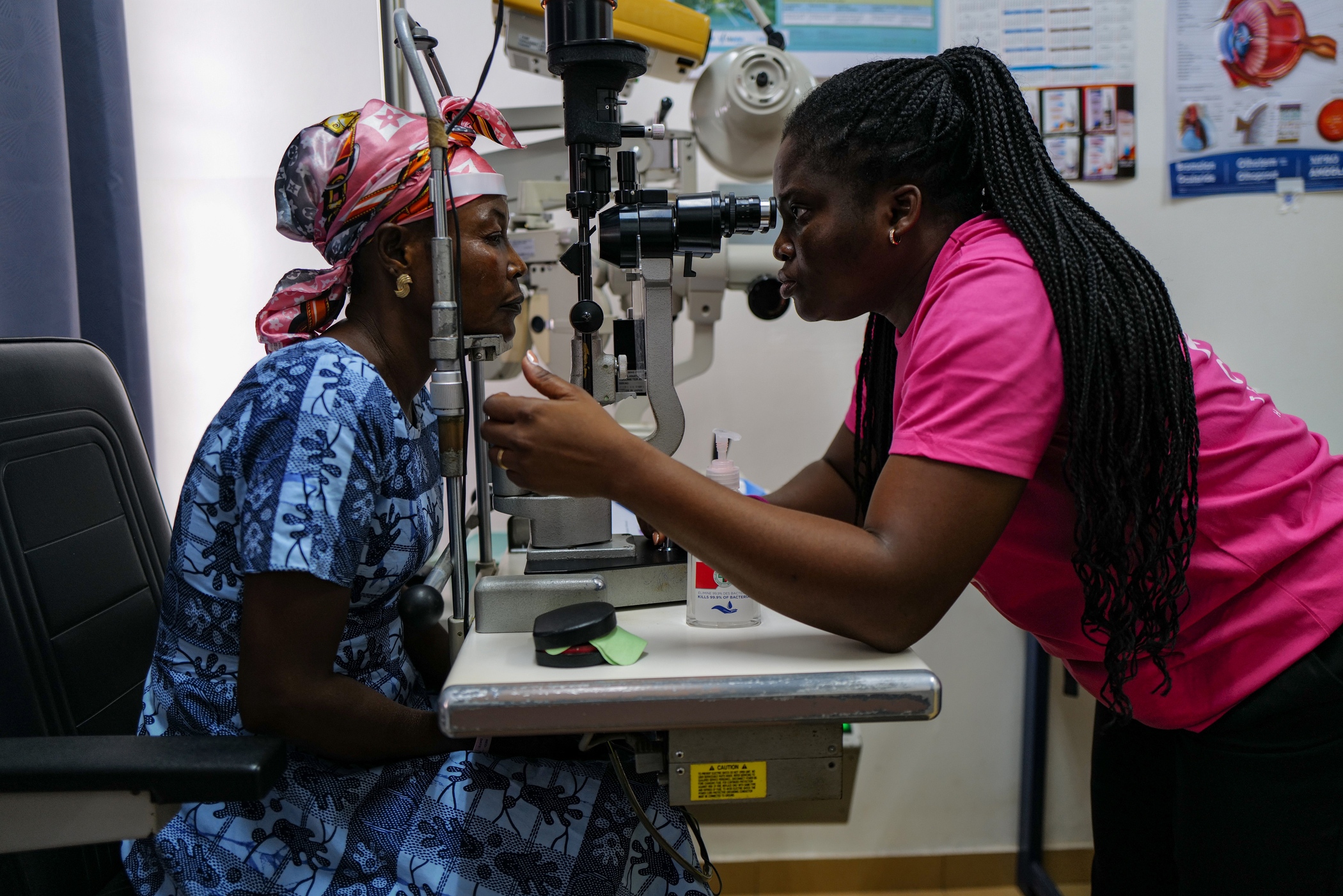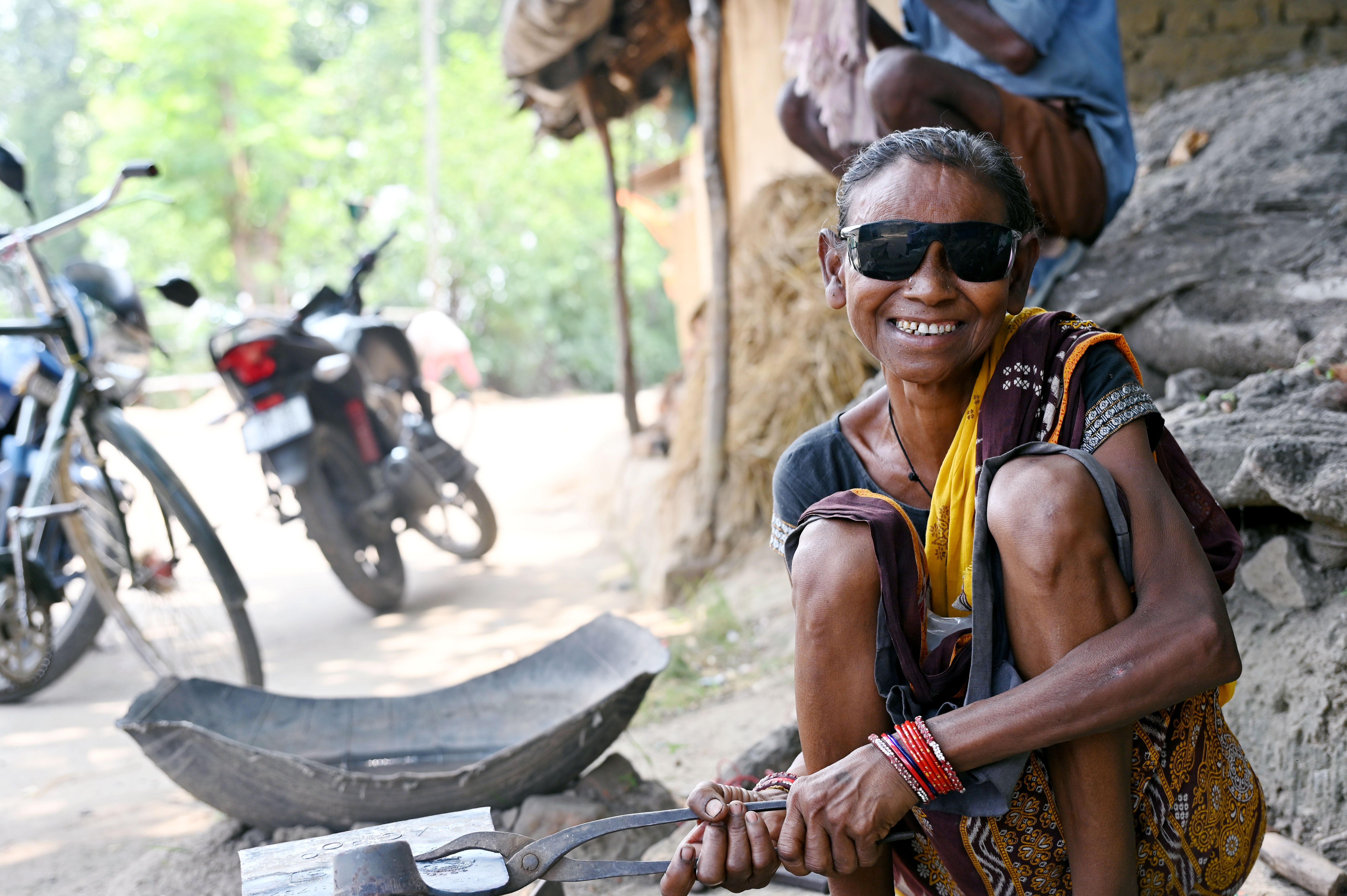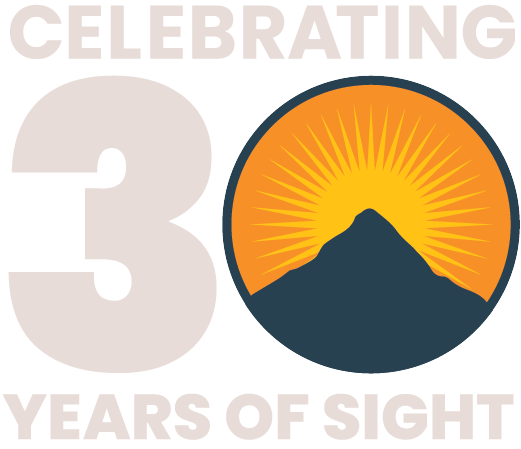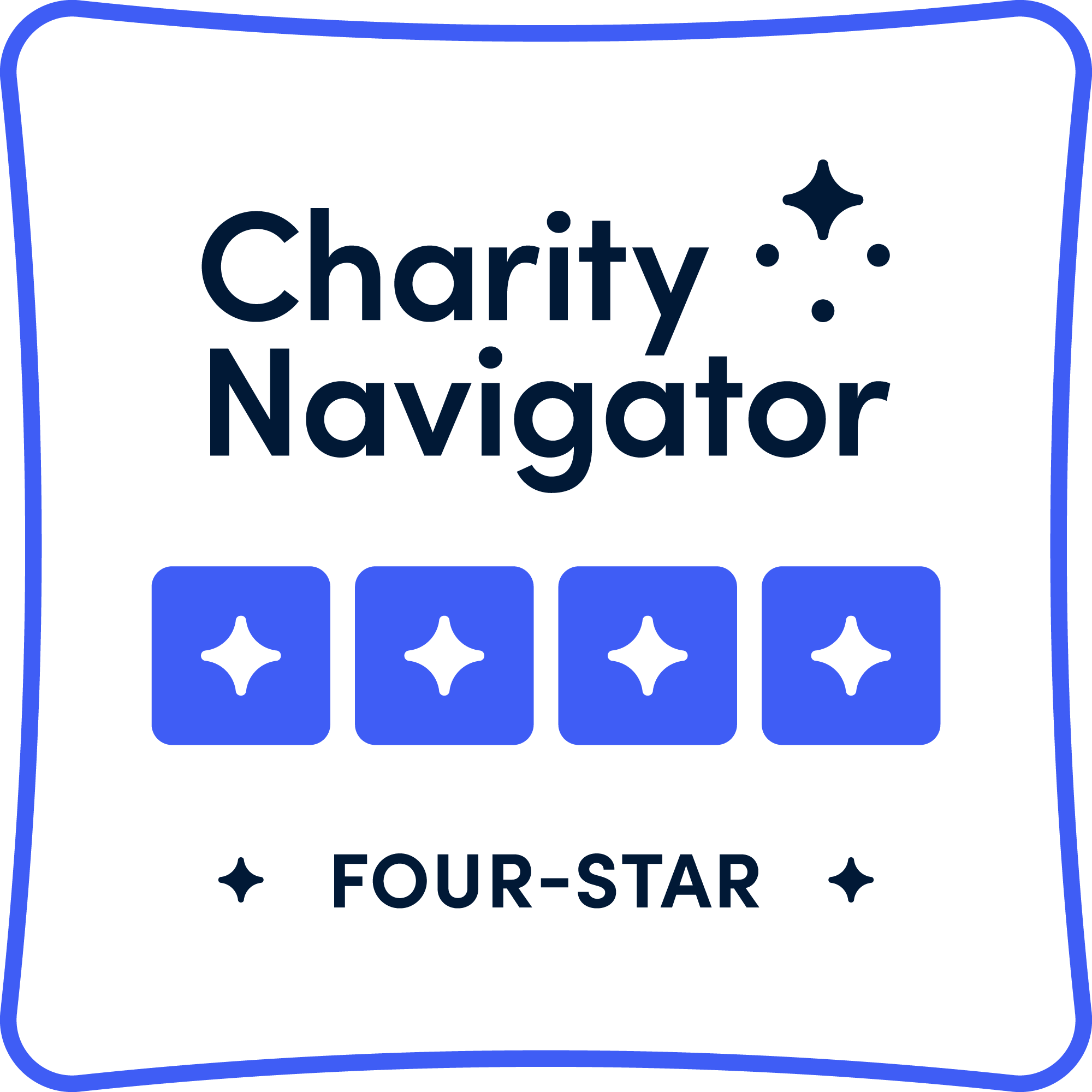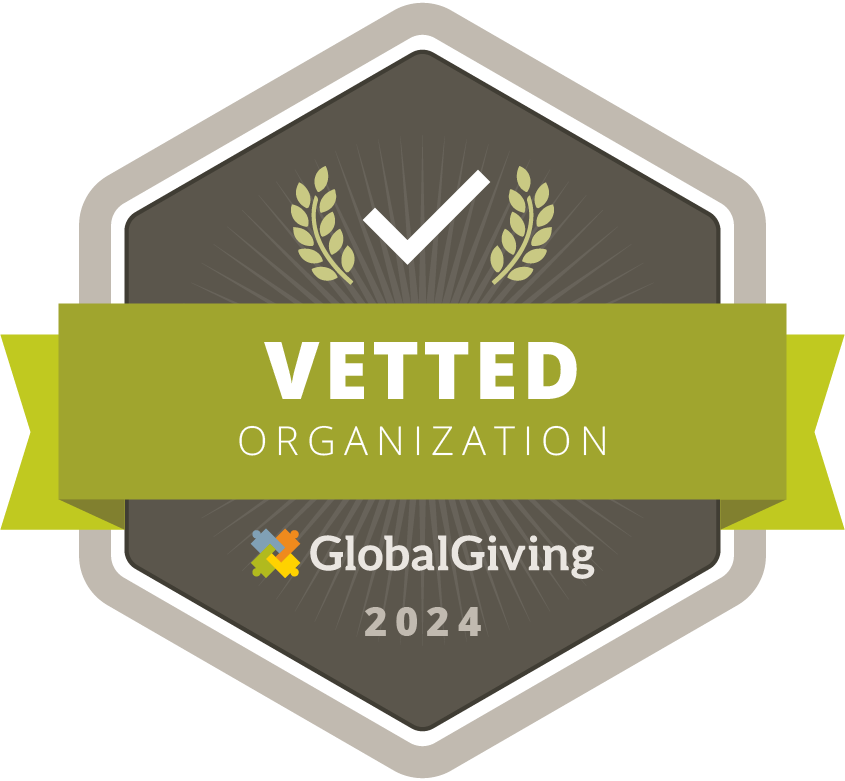Regional Leaders Helping Shape Future of Global Ophthalmology
In our 30th anniversary year, join Cure Blindness Project as we reflect on our past while simultaneously looking towards our future. This monthly feature titled Then & Now will showcase how much we’ve accomplished, always with partners, in our mission to cure avoidable blindness.
Since founding in 1995, Cure Blindness Project has positioned itself as a thought leader in global ophthalmology. It’s done this through our expertise, influence and impact on eye care in underserved regions across the globe.
Cure Blindness Project leads high-quality trainings that elevate education and increase opportunities for residents across sub-Saharan Africa and South Asia. Virtual Classroom and its supplementary Live Classroom allows residents to complete specialized training that advances their knowledge and surgical skills as future ophthalmologists. These trainings as well as mentorship from Cure Blindness Project volunteer doctors are shaping the next generation of ophthalmologists.
Training, Research, and Advocacy: Building the Next Generation of Leaders
Cure Blindness Project awards research grants to both residents and faculty in countries where we work to explore eye health questions and find innovative ways to diagnose, treat and manage eye health in challenging environments. Their original findings have been accepted in both academic journals and general-audience publications.
Many of these research findings have then been presented at regional conferences, sharing innovative ways to diagnose and treat with a larger audience. Cure Blindness Project leadership speak to peers at the Global Ophthalmology Summit and at the American Academy of Ophthalmology.
Cure Blindness Project’s 30-year history of work in underserved communities and its proof on concept using small incision cataract surgeries (SICS) changed how care is delivered in low- and middle-income countries.
Cure Blindness Project continues to have a seat at the table with other global eye health stakeholders as together we address paths to achieve the sustainable development goals set by the United Nations.
Cure Blindness Project with partners are working with governments to advocate for policy changes to improve access to eye care. Recent examples include our involvement with the National Eye Health Strategic Plan for Ethiopia and our involvement working with Ghanaian legislators to draft a law to allow for organ and tissue donations.
Our active participation with organizations like the International Agency for the Prevention of Blindness (IAPB) allows us to provide input and expertise to our collective goal to restore and retain sight to the millions still waiting for a cure.
